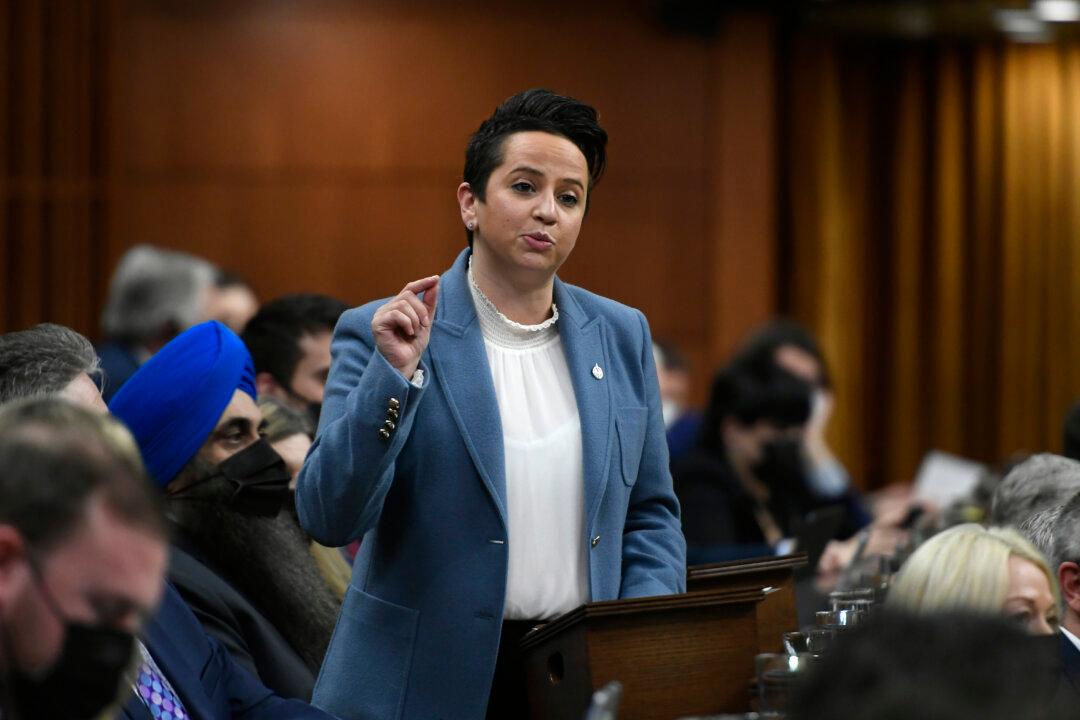With most countries dropping COVID-19 restrictions, and the Canadian province with the harshest pandemic measures removing its mask mandate in the coming days, Conservative MPs maintained pressure on the Liberal government on Wednesday about the federal vaccine mandate in transport.
“Divide and stigmatize, rinse and repeat. Which experts is the prime minister listening to? What is the specific advice? What year is the advice from? And why is the advice different in Canada than the rest of the world? It’s all secrets,” said Conservative MP and transport critic Melissa Lantsman during question period on May 4.





